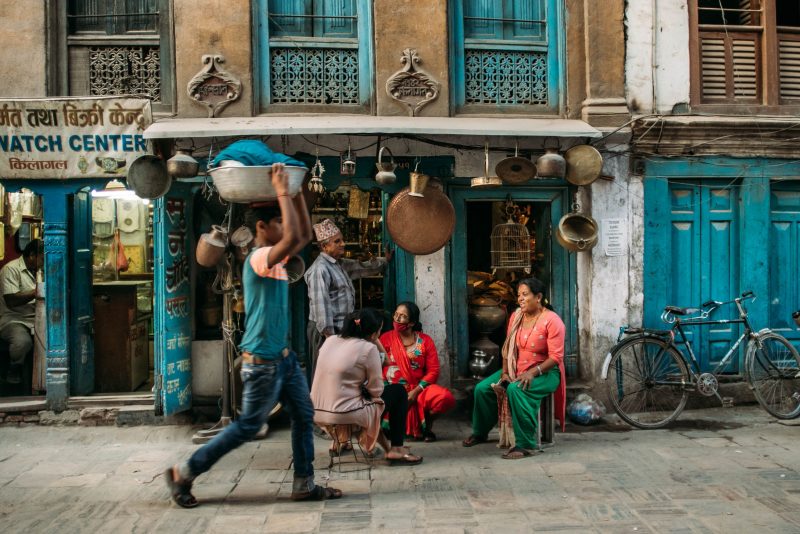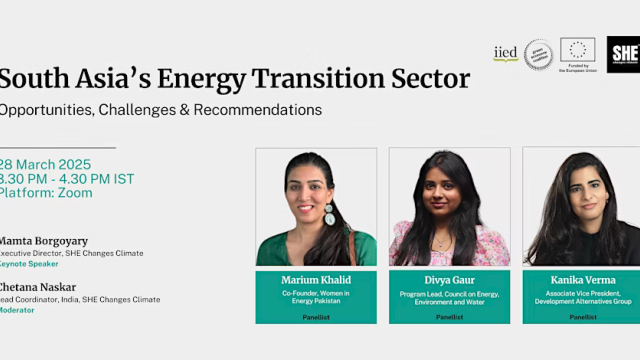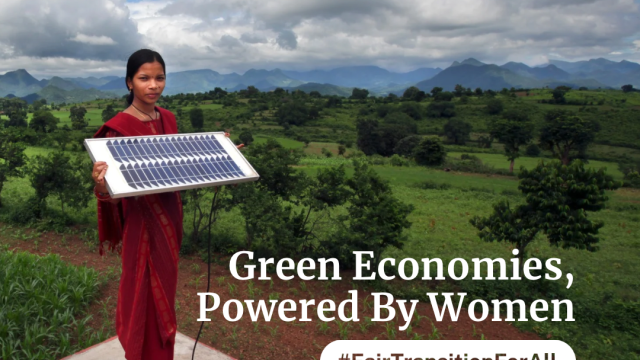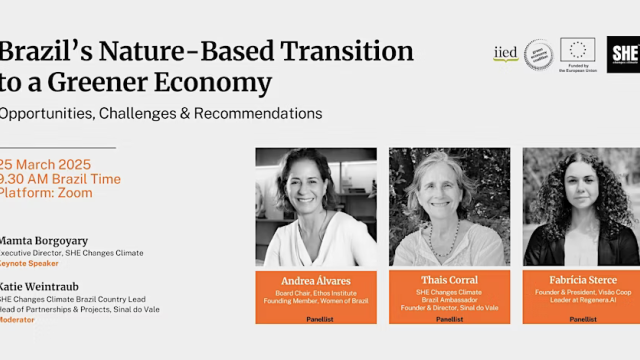
Our partners in India, Development Alternatives, are part of our global campaign to promote the vital importance of small businesses in the green economic transition. Here, Shruti Issar makes the case for new approaches and innovation in tackling the rising problems of inequality and sustainability.
The Limits to Growth (1972) was a landmark study which used dynamic computer modelling to predict that the global system would ultimately collapse if the production and consumption practices continued with business-as-usual. The implication was that economic growth must respect its planetary boundaries. While the report initially created much controversy, it is now almost universally accepted that global warming, the over-exploitation of important ecosystems and natural resources, and the degradation of biodiversity pose significant threats, which the national and international communities must deal with.
Alternative economic models, like green economy and circular economy, are an evolution of findings of The Limits to Growth theorists. These alternative models operate within the broader framework of the principle of sustainable development, challenging the linear ‘take, make and dispose’ model of industrial production, seeking to decouple economic growth from resource use, and working more efficiently and inclusively. These alternative economic models have recently gained significant traction, as they begin to confront increasing resource scarcity, price volatility and non-inclusive economic growth.
“ Despite positive trends in government policy, industry and business practices, the transition to a green economy still remains a niche discourse in India”
Green Economy Coalition, in partnership with Development Alternatives, has initiated several programmes in India to support the transition to sustainable development driven alternatives. One of such initiatives had started in 2016, with support from the European Union. As a part of this initiative, stakeholders, including civil society and businesses from various parts of India, have enhanced their understanding of green economy, and have initiated work together towards policy shifts for a greener and inclusive economy.
On the special occasion of World Environment Day 2018, of which India is the global host, representation of voices from the ground, of varied stakeholders – civil society, businesses and community based organisations – is instrumental in driving the transition to a green, fair and inclusive economy.
Despite positive trends in government policy, industry and business practices, the transition to a green economy still remains a niche discourse in India; and therefore, people of all ages and skills are central – ownership gives way to stewardship. It can catalyse significant changes in economic behaviour, providing an enabling environment for the emergence of new service, leasing, sharing and collaborative models towards green and inclusive systems.
More importantly, while government and business communities will benefit from these transitions, civil society groups will have an increasing responsibility to broadly disseminate the principles of green economy, change existing consumer attitudes, and sensitise them to the digital nature of this revolution. For the business communities, these alternative economic models will hedge the production practices against increasing resource scarcity and price volatility; however, they need to ensure that the social impact of these new innovations is properly foreshadowed.

The government or Indian policy makers will need to engage more coherently with the concept of alternative economic models. It currently only inhabits a niche policy space, and is not considered as a fundamentally new industrial model which could have implications far beyond promoting innovation and best practices in waste management and resource efficiency. More importantly, the development of policies and initiatives towards realising the green economy, or circular economy, will bring the country closer to its sustainable development goals.
Therefore, on the occasion of World Environment Day 2018, let us collectively voice for a green and inclusive India by joining the World Environment Day Campaign – a joint initiative of the Green Economy Coalition and Development Alternatives – which is driven on the principles of natural resource resilience, green livelihoods, and conversion of waste to wealth, in order to build a ‘Green and Inclusive India’.
Shruti Issar, Development Alternatives


